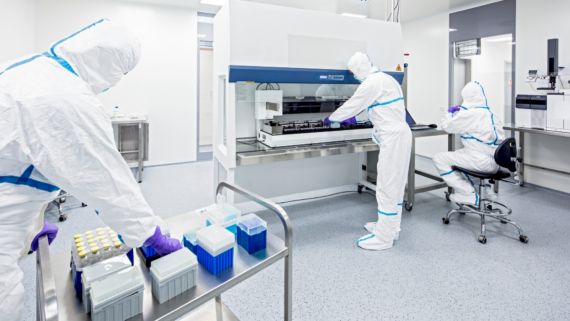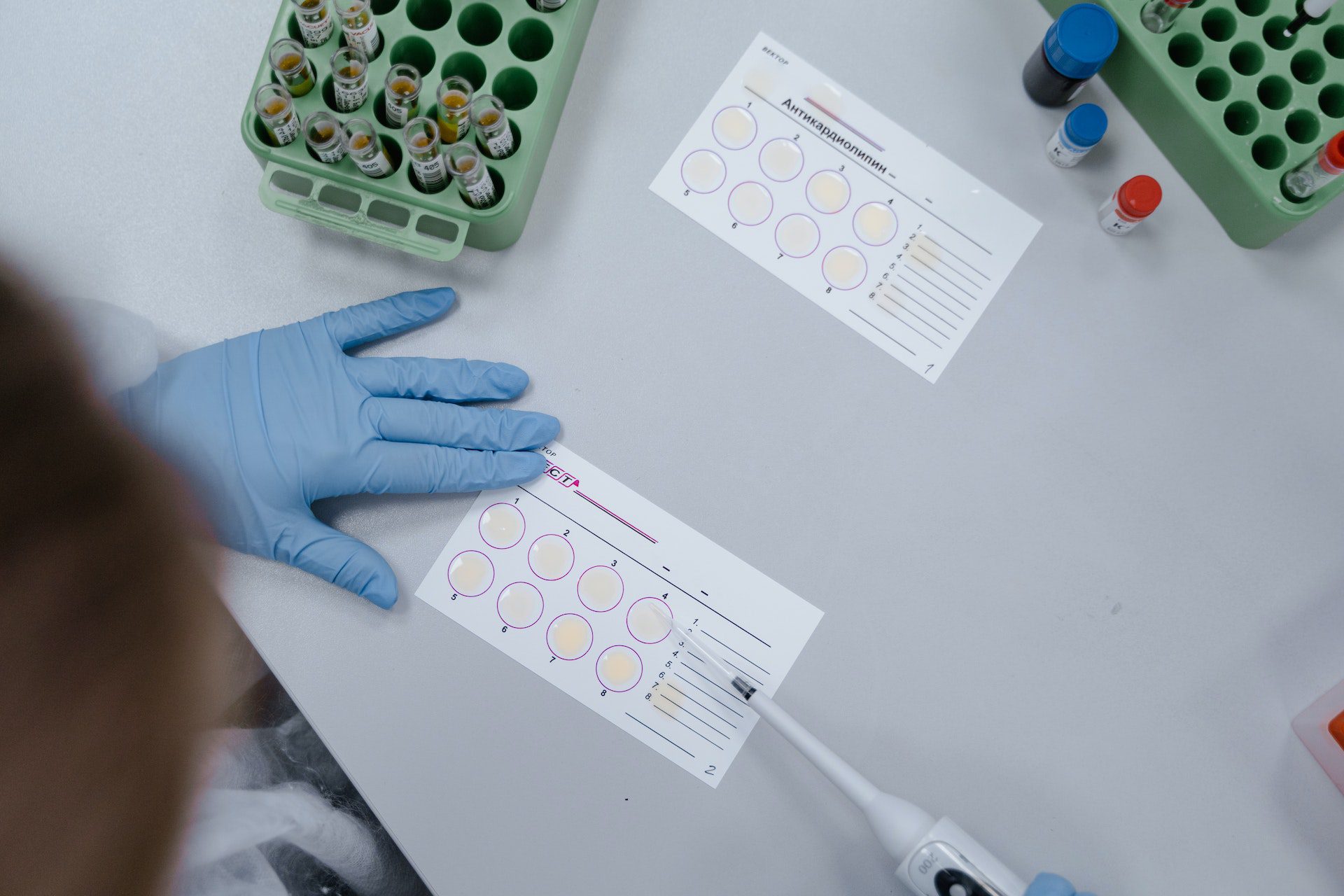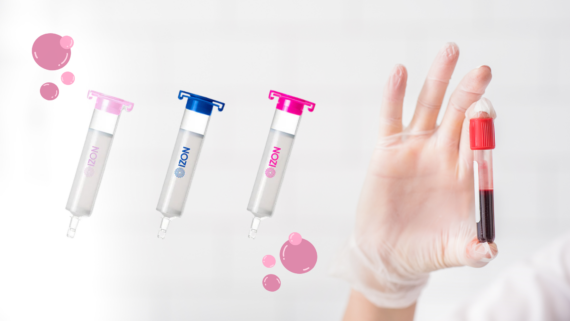What are Preclinical Studies and Why is it Important?
Pharmaceutical companies typically conduct preclinical studies during the early stages of drug development, after they have identified a promising drug candidate through initial screening and testing.
Preclinical studies are typically conducted in vitro, in vivo, ex vivo, and in silico models to provide information about the safety and biological efficacy of a drug candidate before advancing the candidate to clinical trials in humans.
Preclinical studies are important because they provide critical information that helps researchers determine whether an investigational drug or therapy has the potential to be safe and effective in humans. Preclinical studies help to reduce the risk of harm to human subjects in clinical trials by identifying potential safety concerns early in the drug development process. Additionally, preclinical studies help to improve the efficiency and success of clinical trials by providing researchers with important information that can inform trial design and help to identify appropriate patient populations for enrollment.
The US Food and Drug Administration (FDA) requires the submission of preclinical data for an investigational new drug (IND)-enabling studies before allowing clinical trials in humans to proceed. The preclinical data typically include results from toxicity studies, safety profiles, pharmacokinetics, and pharmacodynamics. The FDA reviews the preclinical data to determine if the proposed clinical trial can proceed and if the drug is reasonably safe for testing in humans. Once the FDA has reviewed and supported the results from the IND-enabling studies, the sponsor of the drug can then proceed with clinical trials.
Assessing Drug Candidate Safety and Efficacy in In Vivo Preclinical Studies
Preclinical in vivo testing involves testing drug candidates in animal models to evaluate their safety and efficacy in treating targeted diseases. These tests aim to simulate the biological environment and complexity of human physiology. Some common preclinical efficacy tests in vivo include:
- Pharmacokinetic (PK) studies: These studies assess how the drug candidate is absorbed, distributed, metabolized, and excreted in the body.
- Pharmacodynamic (PD) studies: These studies measure the drug’s biological activity and its effect on the target cells or tissues in the body.
- Toxicology studies: These studies evaluate the drug candidate’s potential toxicity and side effects in animals.
- Dose–ranging studies: These studies test the drug candidate at different doses to determine the optimal therapeutic dose range.
- Efficacy studies: These studies evaluate the drug candidate’s effectiveness in treating the targeted disease or condition in animal models.
Conducting in vivo preclinical testing is a rigorous process that requires specialized skills, knowledge, and equipment. This includes proper planning and execution of studies that follow ethical and regulatory guidelines, appropriate animal models that mimic human disease conditions, and skilled personnel who can perform surgeries, administer therapies, and collect and analyze data. In addition, access to specialized equipment such as imaging instruments and behavioural testing systems is essential.
Despite the complexity of in vivo preclinical testing, it is a crucial step in drug development that provides valuable insights into the safety and efficacy of potential treatments. It is important to ensure that these tests are performed with the utmost care and attention to detail to produce reliable and accurate results.
Benefits of Using a Preclinical CRO
A Preclinical Contract Research Organization (CRO) can offer preclinical research services to support the drug development process. Outsourcing to a CRO can be particularly beneficial for organizations that lack the necessary resources such as animal facilities, manpower, or equipment. Preclinical studies are complex and require an understanding of the process and expertise to ensure accurate and reliable results.
Here are some key benefits of partnering with a preclinical CRO:
- Expertise: Preclinical CROs have a team of experienced scientists and researchers who specialize in preclinical drug development. They possess the knowledge and expertise to design and conduct preclinical studies that comply with regulatory requirements and provide reliable and accurate data.
- Cost-effective: Outsourcing preclinical research to a CRO can be cost-effective for pharmaceutical companies, especially for smaller organizations that may not have the resources to conduct preclinical studies in-house.
- Time-saving: Preclinical CROs can provide a faster turnaround time for studies, as they have the necessary infrastructure, equipment, and personnel to conduct studies efficiently.
- Regulatory compliance: Preclinical CROs have experience working with regulatory agencies and can help ensure that studies are conducted in compliance with applicable regulations and guidelines.
- Flexibility: Preclinical CROs offer flexibility in terms of the scope and scale of studies, allowing pharmaceutical companies to customize their preclinical research programs according to their specific needs.
Overall, preclinical CROs can provide a range of benefits to pharmaceutical companies looking to develop new drugs, from expertise and cost savings to regulatory compliance and flexibility.
Tips for Finding a Reliable Preclinical CRO Partner
As a pharmaceutical or biotech company, academic institution, or researcher involved in drug discovery and development, it is essential to find a reliable Preclinical CRO to ensure the success of your project. CROs can be costly upfront but they can fruit into a cost-effective investment that protects you from potentially more losses in the longer run. Thus, it is important to select the right CRO partner. Here are some guidelines to help you get informed to navigate your way in determining a suitable CRO partner for your research goal.
- Define your research goals and Scope Clearly: Key questions to ask yourself and your team, what are the study objectives and what are the budget and timeline?
- Assess the CRO’s Expertise and Experience: Key questions to ask the CRO, what is their experience in a specific research area? What is the quality control process?
- Evaluate the CRO’s Facilities and Equipment: Key question to ask the CRO is, how do they ensure proper maintenance and calibration of equipment?
- Review the CRO’s Regulatory Compliance: Key questions to ask the CRO are, what is their compliance record with regulatory agencies? What are their quality assurance and control processes?
- Understand CRO’s Communication and Project Management Process: Key questions to ask the CRO are what is the communication process and reporting mechanism? What is their record of meeting timelines and delivering quality results?
We value efficiency, quality and accuracy that can benefit researchers to bring their research work beyond the bench. GemPharmatech is one of our trusted partners that can help to accelerate your drug development program and efficiently meet your preclinical CRO needs.
With extensive experience in providing a wide range of preclinical testing services to global preclinical R&D communities, GemPharmatech offers in vivo and in vitro studies, toxicology testing, efficacy studies, pharmacokinetics studies, and other preclinical testing services, including mouse model customization, CRISPR/Cas9 gene-editing, cryopreservation, rapid expansion, and customized breeding.
GemPharmatech has the expertise necessary to design and execute studies that provide accurate and reliable data. Their cutting-edge gene-editing technologies have resulted in the creation of one of the world’s largest collections of genetically modified mouse models (GEMMs), including cKO/KO (conditional knockout/knockout) mice, humanized mice, immunodeficient mice, and germ-free mice.
GemPharmatech’s efficacy services for oncology, immunology, metabolism, autoimmune diseases, and many others are highly regarded. Their quality data collection and efficient experiments can meet your needs from early drug discovery to new drug filing. These are the reasons we decided to bring in GemPharmatech into our portfolio of translational solutions for researchers.
Interested to find out more about Gempharmatech? Reach out to us.










